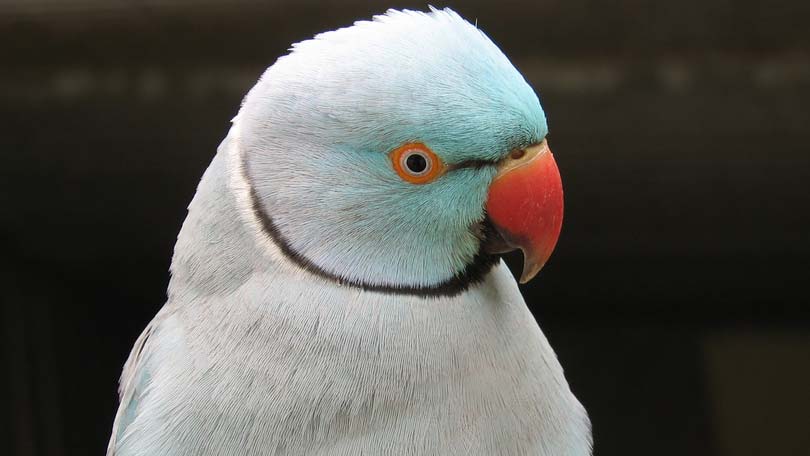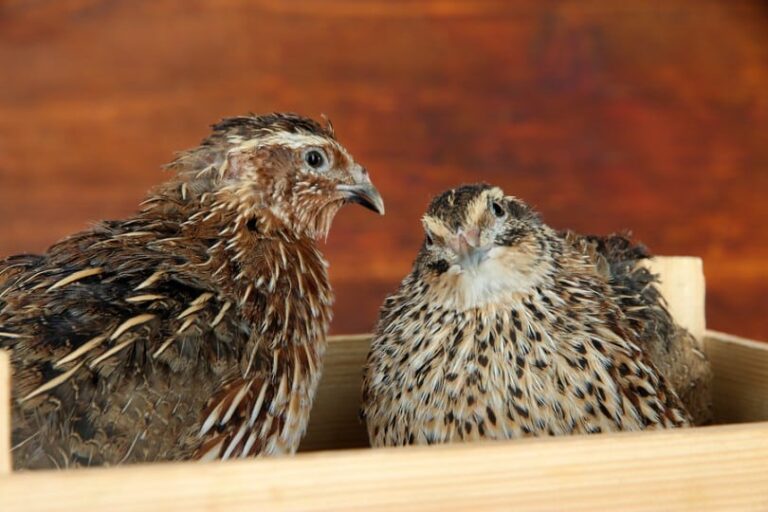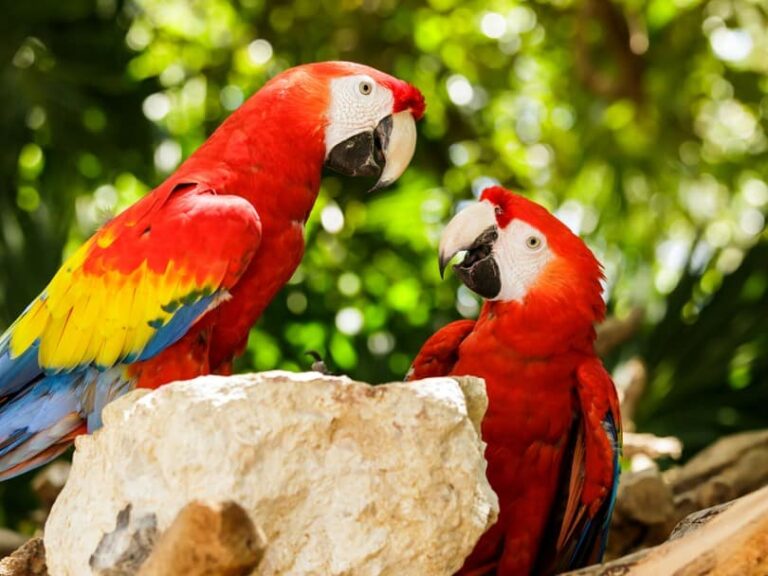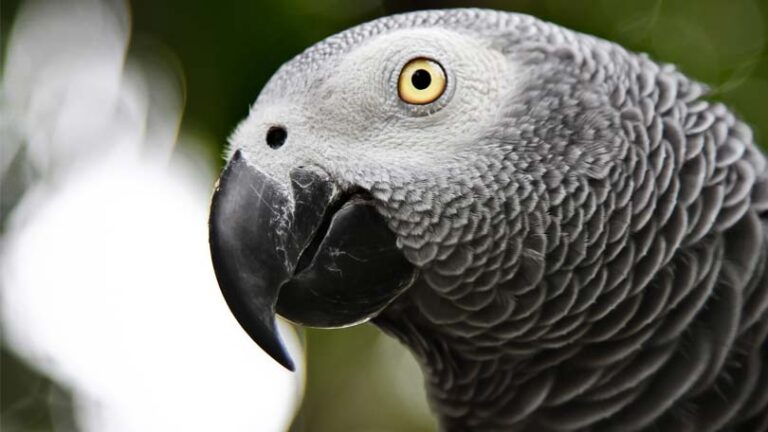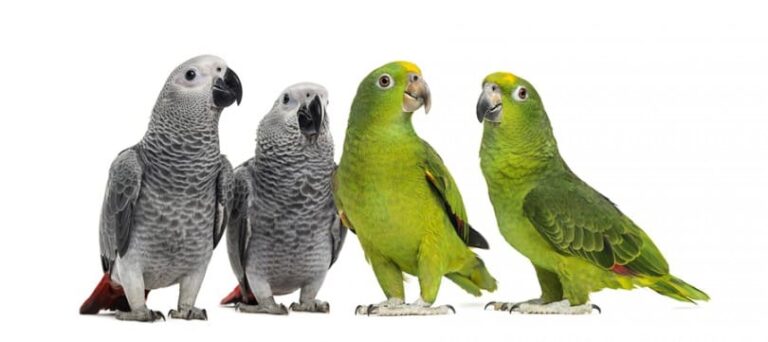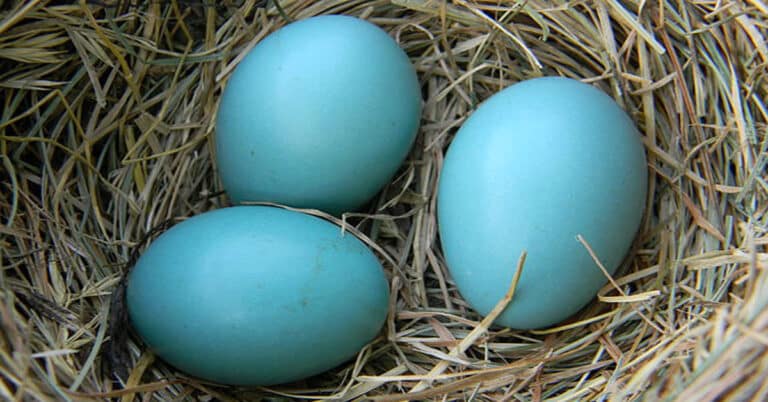Cost of Owning a Bird
Many people are surprised to learn how expensive it is to properly maintain a bird. While the cost of owning a small bird is relatively inexpensive, the cost of owning a medium to large parrot usually exceeds that of owning either a cat or dog. Birds are more expensive to care for than most fish, small animals, or reptiles.
Before acquiring any animal, it is important to determine whether or not you can afford to give the animal the care it deserves. It is difficult to enjoy a pet if caring for that animal puts a strain on your budget. By taking a hard look at the cost of owning a bird before you bring a bird home, you may avoid a situation where you deprive your pet of what it needs, or are forced to find it another home.
What’s a Bird Worth?
The cost of owning a bird begins with the price of the bird itself. Size is the single most important factor in determining the cost of a bird, with larger birds costing much more than smaller ones. The color variety is another determining factor, with rarer colors commanding a higher price than the more common colors. And finally, hand-fed babies typically cost considerably more than parent-raised birds. Prices vary somewhat in different regions of the country, but here are some of the more commonly available birds and their prices:
- Most Budgies cost less than $20.
- Finches, too, can be obtained for less than $20, although fancy varieties cost much more, sometimes several hundred dollars.
- Lovebirds begin at $40 and increase depending on color mutation.
- Canaries typically cost just under $100, with males costing more than females, and fancy varieties exceeding that price.
- Depending on the color variety, Cockatiels generally run between $125 and $225.
- Medium sized parrots like Conures and Caciques range from $350 to $600.
- Amazon parrots costs in the range of $600 to $1200.
- African Greys begin at $800 and go up to $1300.
- Most Cockatoos and Macaws begin at $1300 and go up from there. The magnificent Hyacinth Macaw fetches a whopping $10,000.
The Cost of Caring for your Bird
Here again, size plays an important role. Unless your small bird has unusual medical needs, smaller birds invariably cost less to care for than their larger relatives. If your budget is limited and you still want a bird, you would be wise to limit yourself to a small species, perhaps a Budgie. Small birds not only cost less to acquire, but require smaller cages with less heavy duty construction. Likewise, most of the accessories for smaller birds cost far less than those for the larger parrots. Small birds do not generally destroy their toys with the gusto of a Macaw or Cockatoo. The cost of owning a small bird is also less because the smaller the bird, the less food it will consume.
Even a small bird’s care isn’t cheap. Veterinarian care is an expense to consider and is not necessarily less for small birds. An owner must factor in the cost of pellets, seeds, and fresh fruits and vegetables. A healthy diet for a Budgie will cost approximately $25 a month. Add a few new toys or another accessory, and it is easy to see that your bird will take an ongoing bite out of your monthly budget. If you have difficulty coming up with $30-40 extra per month, wait until your finances improve before getting any bird.
As birds increase in size, the cost associated with their care also increases. Large parrots are extremely strong and can destroy cages that are not sturdy enough to hold them. Macaws are literally able to bend and break the bars on inferior cages, even when those cages are supposedly intended for birds of that size. It is not uncommon to spend around $1000 for a sturdy, well constructed cage. A parrot that spends much of its time in a cage will require an even more spacious (and costly) cage. Medium sized parrots also require sturdy cages, which typically run between $250 and $650.
In addition to a cage, a parrot will require one or more playstands. For small birds like Budgies and Lovebirds, stands can be purchased for less than $40. Playstands for medium sized birds often cost $100 or more. Playstands for large parrots cost several hundred dollars.
The cost of owning a bird must include toys. Birds are intelligent, emotionally complex, and energetic creatures that require high levels of simulation. Bored parrots are prone to behavior problems, such as screaming, feather plucking, aggression, and self mutilation. A bird owner must be prepared to provide new toys for their pet as a part of its ongoing care. Many toys for large parrots cost $40-60 and more. While some toys are designed to last a long time, keep in mind that your bird will destroy the majority of the toys you buy within a few weeks. A monthly toy expenditure of $65 should be a part of the budget for the owner of a Cockatoo or Macaw.
Big birds eat a lot of food. Plan to budget $100 or more for pellets, seeds, nuts, and fresh fruits and vegetables for a large bird like a Macaw. Medium sized parrots consume less. Budget $65 per month for your midsize bird.
Avian veterinarian care is another ongoing expense, but it is hard to assign figures here. Veterinarians’ fees vary, as does how often an owner takes their bird for a visit between annual checkups. Some owners clip wings and trim beaks and talons themselves, while others pay for this to be done.
Other supplies are necessary for the care of your bird, including a carrier for travel, vitamins and minerals, full spectrum lighting, feather conditioners, and bird-safe cleaning products.
The cost of caring for pet birds is higher than many people expect. The high expense is one of the reasons why buying a bird on a whim is a bad idea. Before bringing a bird home, shop around and see what the prices are for cages, playstands, species appropriate toys, and quality food. The joy a parrot brings its owner is immeasurable, but every owner must assess their own financial situation and decide if a bird fits their budget.

Having discovered a fondness for insects while pursuing her degree in Biology, Randi Jones was quite bugged to know that people usually dismissed these little creatures as “creepy-crawlies”.

